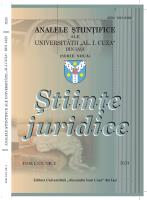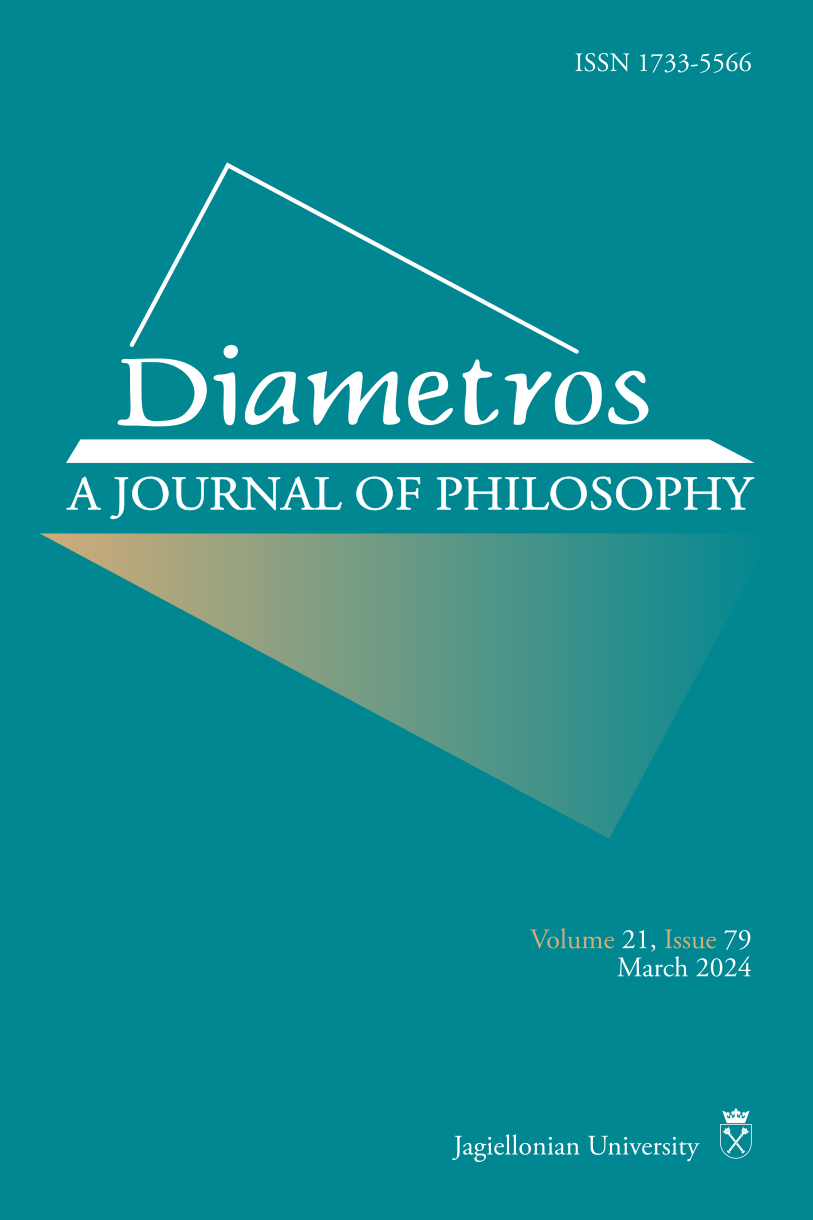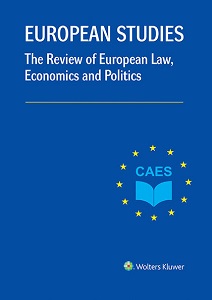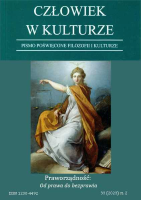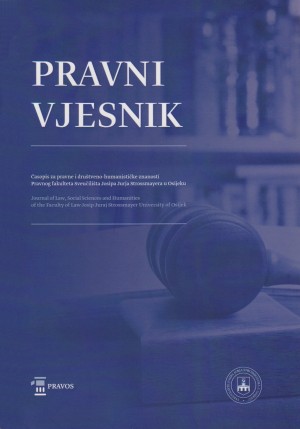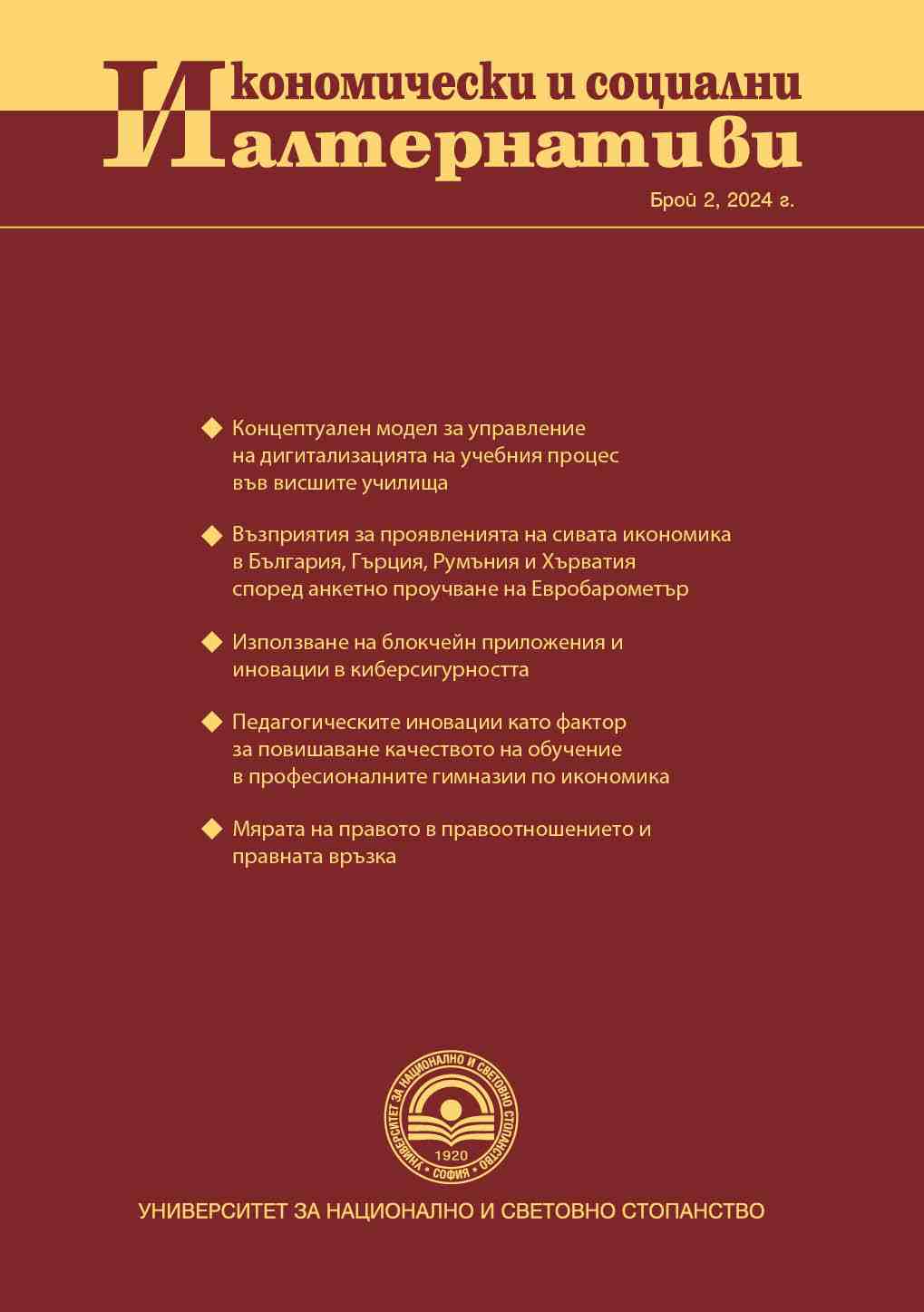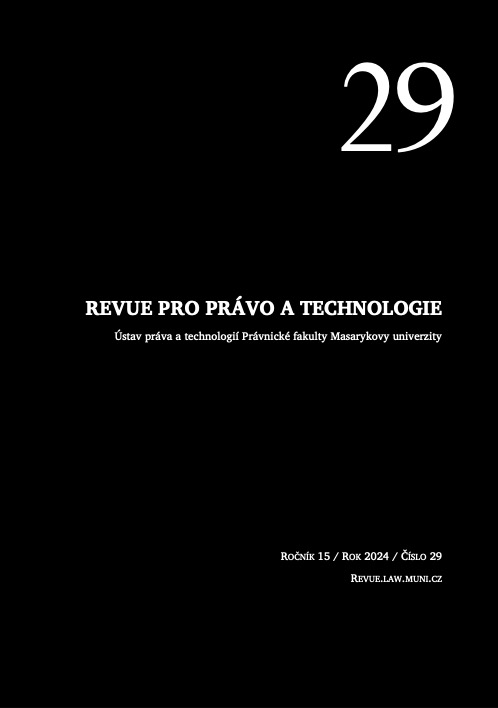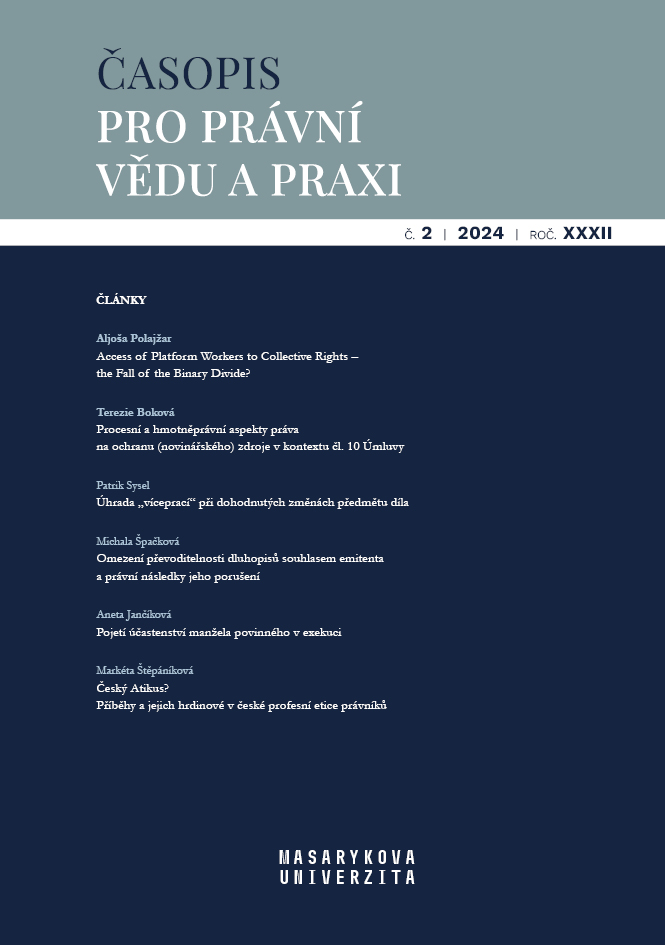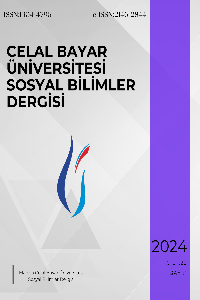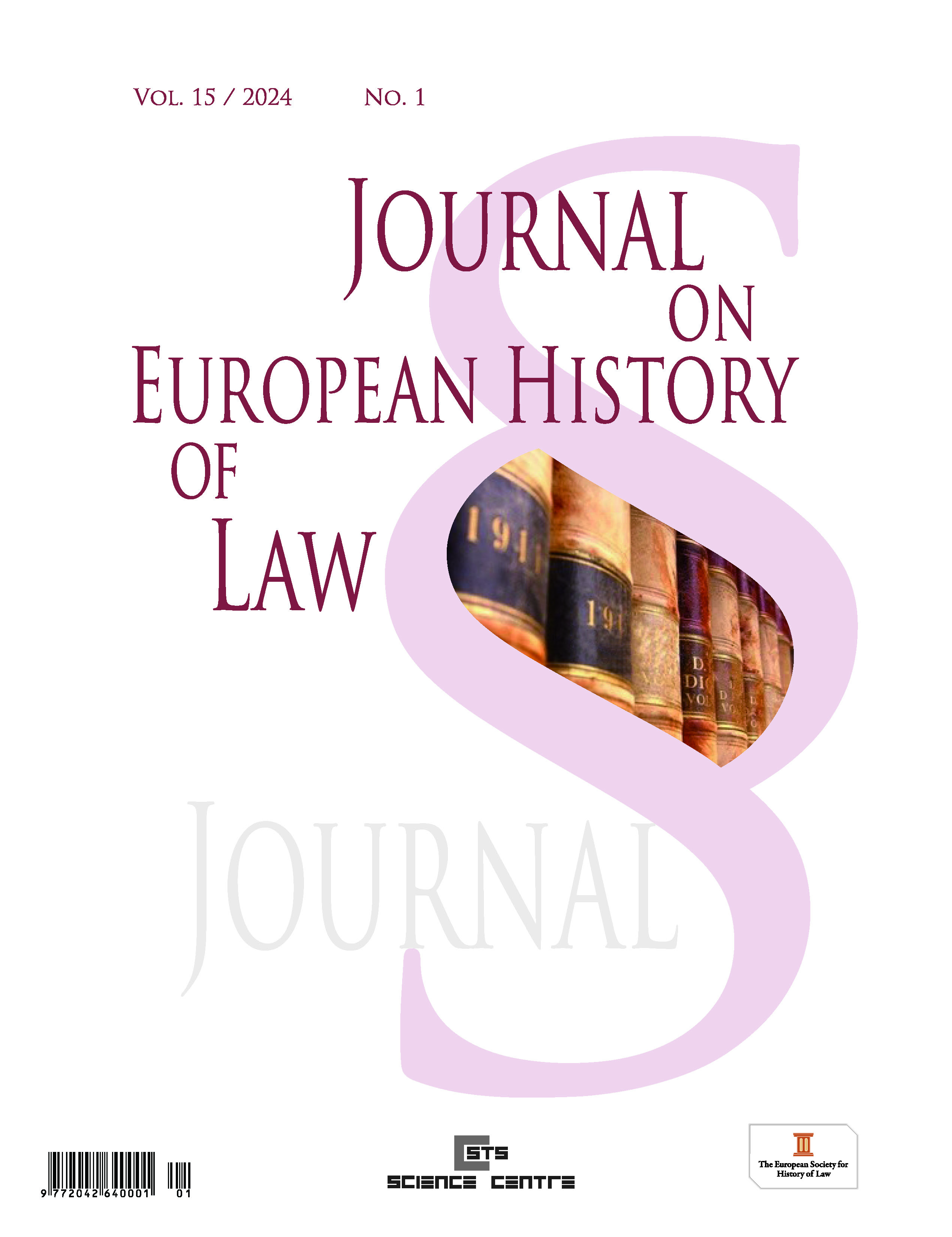Author(s): Mustafa Ünal / Language(s): Turkish
Issue: 1/2024
As social beings, humans have historically engaged in exchange with one another. These exchanges have typically been formalised through sales contracts. The most prevalent method of establishing sales contracts is the bargaining method of musāwama. In the context of contract formation, the parties involved in the transaction engage in a process of negotiation and bargaining with the objective of reaching an agreement on the terms and conditions of the contract. The parameters of this method are defined by Islamic law. It established regulations to permit individuals to engage in bargaining without infringing upon each other's rights. While the specifics are subject to varying forms of evidence, particularly custom, it is directly commanded by the scriptures that these combinations should be taken into consideration when updating sales contract. This has been of great importance in terms of preventing both personal and social harm. The following restrictions have been introduced in this context are as follows:It is prohibited to resell a good that has already been sold, to involve a third party in the bargaining in order to raise the price, and to involve a third party in the bargaining when the parties have reached the conclusion of the bargaining stage and are inclined to agree. This study addresses the issue of a third party's involvement in a transaction to the detriment of one of the parties, where the parties' inclination to agree has emerged. This issue is referred to as sevm ale's-sevm in the Islamic law literature. In the Turkish literature, the term is usually translated as bargaining upon bargaining. In this study, although the concept of sevm ale's-sevm is generally employed, although the concept of bargaining upon bargaining is used when it is necessary to be express the concept in Turkish. The parties involved in the bargaining process communicate their respective intentions to each other through the declaration of intention, which is a fundamental aspect of the contract. In this study, therefore, an initial focus is placed on the explanation of the declaration of intention. The present study offers an analysis of the nature of declarations of intention to bargain, with a particular focus on whether they can be classified as offers or invitations to treat. Following these explanations, the musāwama method is defined and information is provided about this method in general. The distinctions between the contracts formed by the musāwama method and those formed by analogous methods have been elucidated. The issues to be considered when bargaining are mentioned and it is stated that it is forbidden to bargain on bargaining. It is stated at which stage of the conclusion of the contract the involvement in the bargaining will be considered within the scope of this prohibition and at which stage the intervention will not be included in the scope of the prohibition. The necessity of this prohibition is explained. It has been stated that contracts involving sawm ala's-sawm are generally considered to be haram in the context of Islamic religious doctrine. However, from a legal perspective, these contracts are considered to be valid. It was stated that the scope of this prohibition includes not only Muslims but also non-Muslim citizens and muste’men. Accordingly, it was elucidated that such an agreement would be deemed unlawful if it resulted in the exploitation of a non-Muslim citizen or muste’men. It is stated that sawm ala's-sawm is not only valid for the contract of sale, but also for other contracts by analogy. These explanations are based on the views of the Hanafi madhhab, but the views of other madhhabs are also included. The article is based on the Hanafi madhhab in terms of pregnancy, with a method that includes the views of other madhhabs. Having considered the various opinions expressed, it is now necessary to determine whether this prohibition is currently applicable under the law.
More...
